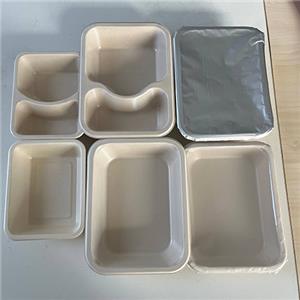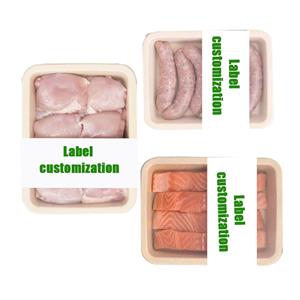UK Confirms Ban on Plastic in Wet Wipes: 2027 Start Date Set
In a landmark decision for environmental campaigners, the UK government has officially announced that a ban on wet wipes containing plastic fibres will come into force in Spring 2027. This confirmation marks the culmination of a persistent four-year campaign and sets a clear timeline for tackling the pervasive pollution caused by these everyday products.
The Big Problem with a Small Item
Current estimates indicate the UK uses a staggering 11 billion wet wipes annually, a significant portion of which contain hidden plastics like polyester and polypropylene. These materials do not break down naturally and are wreaking havoc on infrastructure and ecosystems.
When flushed, these wipes combine with fats and other waste to form massive "fatbergs" that block sewer systems. Ultimately, they find their way into rivers and seas, causing long-term damage. A stark example is the infamous "Wet Wipe Island" in the River Thames. This artificial mound, composed of an estimated 5 million wipes and weighing 180 tonnes, grew to the size of two tennis courts and was so substantial it altered the river's flow.
A Thames Water spokesperson highlighted the scale of the issue, noting that the company removes around 3.8 billion wipes from its network each year at a cost exceeding £18 million.
A Four-Year Journey from Proposal to Law
This ban is a significant victory for Labour MP Fleur Anderson, who has been a vocal campaigner on the issue since she first introduced it as a Private Member's Bill in November 2021.
Speaking at Prime Minister's Questions this week, Anderson stated, "Four years ago I brought in a private members bill to ban the sale of wet wipes with plastic in. The last government dragged its feet." She added, "This government promised to bring in this ban and is doing so now. Will the Prime Minister join with me in celebrating a Labour promise delivered and share the message that we should always bin wet wipes and other wipes, not flush them."
Prime Minister Sir Keir Starmer commended her as a "long-standing campaigner on this important issue." He affirmed, "The public is right to be furious about how the last government allowed sewage to pour into our lakes, rivers and seas. Alongside tough new powers to combat pollution, this ban will put an end to plastic wet wipes that litter our beaches, clog up our sewers and harm wildlife."
Industry Readiness and Continued Consumer Responsibility
Major high-street retailers, including Boots and Tesco, have already transitioned to selling plastic-free wet wipes. The nationwide ban will make this environmental standard mandatory for all companies.
However, Thames Water offered a crucial reminder: "A ban on wipes containing plastic is a vital step forward, but it's still important that people only flush the 3Ps – pee, poo and (toilet) paper – to help protect our rivers and sewers." Even plastic-free wipes should be disposed of in the bin, not the toilet.
The Environmental Protection Regulations 2025, which include the ban, were passed by the House of Commons on 3 November and the House of Lords on 10 November. As Spring 2027 approaches, this ban signals a turning point in the UK's fight against plastic pollution, proving that sustained advocacy can lead to tangible environmental change.




